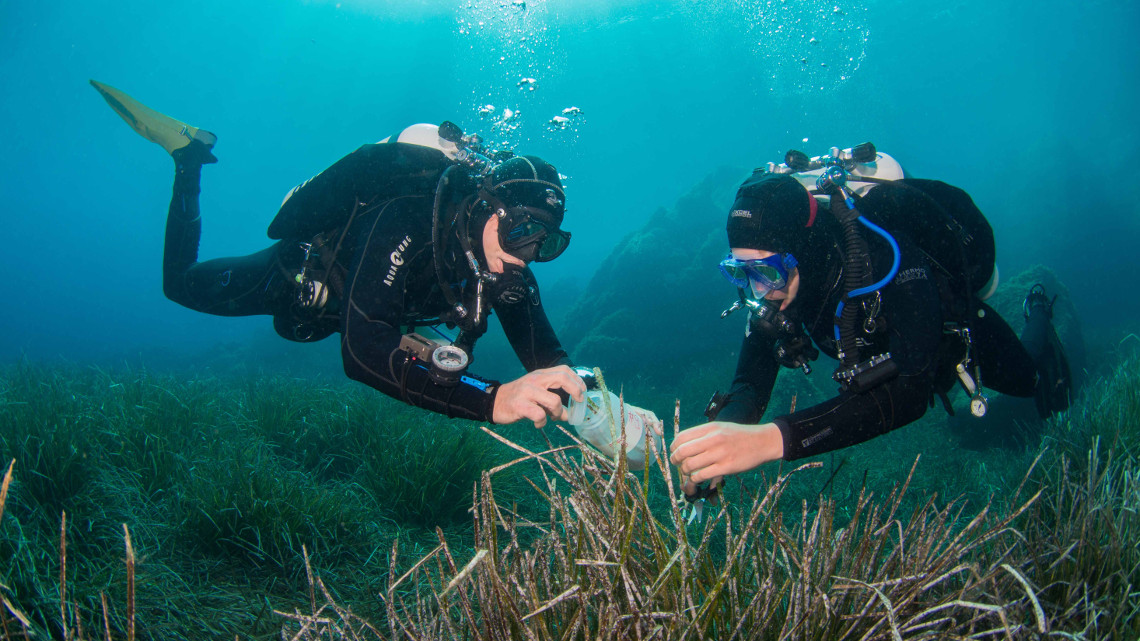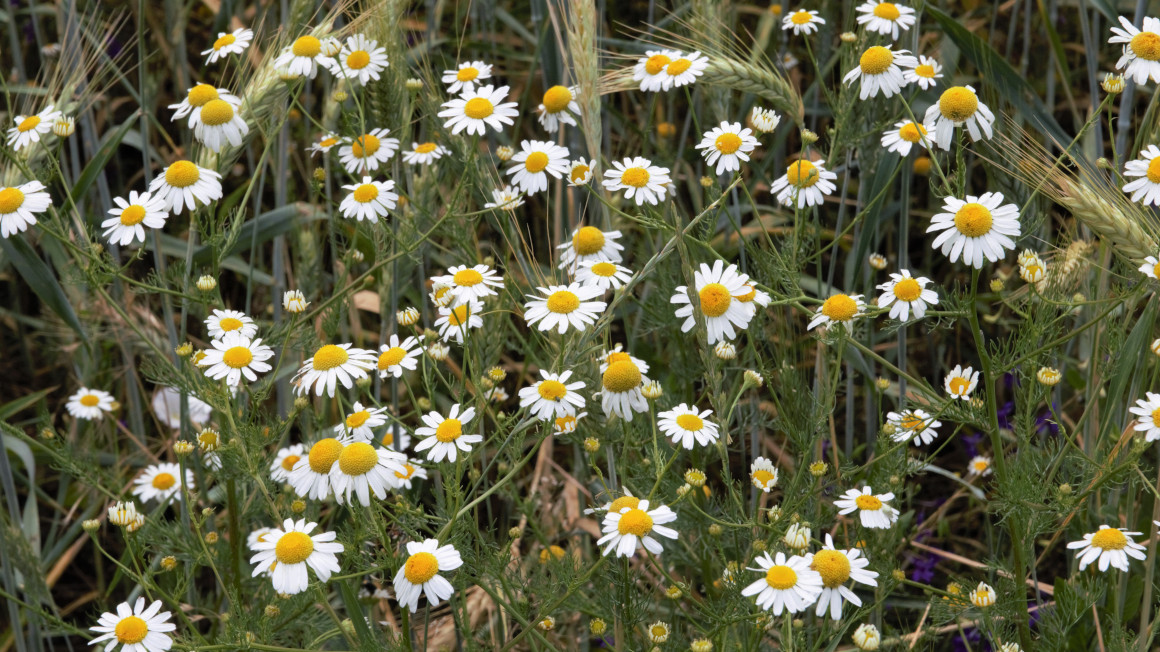Oceans yield new antibiotics
Researchers have discovered a new source of antibiotics in the ocean. Planctomycetes are a marine phylum that has previously attracted little attention.

The search for new active ingredients for the production of antibiotics is going strong. A promising source is the sea. Many microorganisms that have the potential to produce antibiotics settle here. With the marine phylum Planctomycetes, an international team of researchers has now identified a new source of active substances. Initial analyses suggest that these microorganisms, which have so far received little attention, are actually able to produce antibiotics. The study, which was carried out by a team led by Christian Jogler from the Friedrich Schiller University in Jena, was published in the journal Nature Microbiology.
Complex lifestyles promote bacterial antibiotic production
Many antibiotics are natural substances produced by microbes. But this ability is different among bacteria. "Talented producers are primarily microorganisms with complex lifestyles, an unusual cell biology and large genomes," explains microbiologist Christian Jogler. "Such organisms produce antibiotic compounds and deploy them in the fight against other bacteria for nutrients and habitats."
79 new planctomycetes in pure culture
Planctomycetes were known to compete with other communities for habitat and nutrients. The team around Jogler therefore used diving robots and divers to search for potential antibiotic producers at ten locations in the sea - and found what they were looking for. From the samples, the scientists were able to create pure cultures of 79 new planctomycetes. "These pure cultures together represent 31 new genera and 65 new species," adds Sandra Wiegand, first author of the study. In the laboratory, the new pure cultures were functionally characterized using bioinformatic and microscopic methods for the first time and subjected to an active substance screening.
Cell division in Planctomycetes is different
"The results of these analyses show that the newly obtained Planctomycetes have extraordinarily complex lifestyles and have the potential to produce new antibiotics," said Wiegand. Some of Wiegand's bioinformatic analyses have already been experimentally confirmed in the current study. The cell biology of the isolated Planctomycetes showed that they divide in a different way from "all other important pathogenic bacteria" and that the mechanism of cell division is also different. With the study, the researchers show in particular that even supposedly "non-cultivable" bacteria can be obtained and characterized in pure culture.
The researchers are convinced that many aspects of their work can be transferred to other potential antibiotic producers. "Hypothesis-driven cultivation and holistic characterisation are essential for discovering something really new and opening up new therapeutic avenues," stresses Jogler. In addition to German researchers, scientists from Norway, the Netherlands, Portugal, Spain and the USA participated in the study.
bb/um


